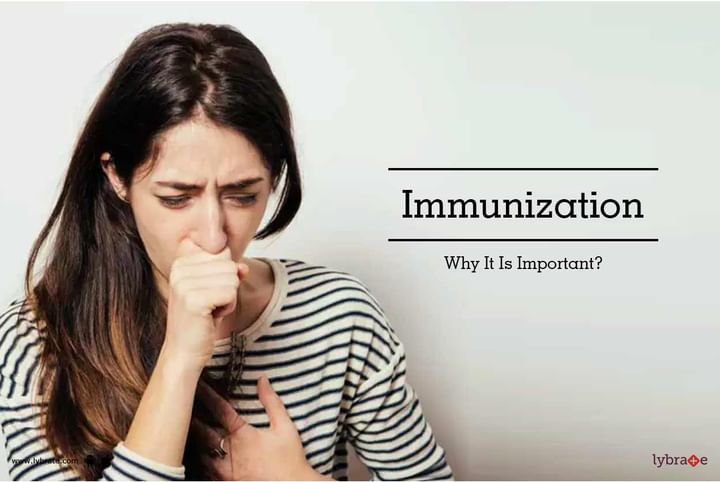Immunization - Why It Is Important?
The invention of biological vaccines has proven beneficial to mankind. Vaccination has helped save millions of lives in the last century and continue to form an effective barrier against a host of debilitating diseases. We may state that vaccines represent a miracle of modern science, but citizens need to follow a schedule devised by experts. The Indian Academy of Pediatrics indicates global trends in vaccination and analyzes their efficacy in fending off pathogens by strengthening bodily immunity in human beings. The association creates a list of recommended vaccines and changes in immunization schedules.
What is an immunization schedule?
First of all, it is important to understand what immunization is. It is a procedure that protects human beings and animals from specific diseases. The vaccine is a scientifically developed product which helps defend animal bodies from a range of conditions. This protection can be achieved in two ways; either the person naturally contracts and recovers from the disease or is injected with ‘shots’ for an artificially formulated and manufactured vaccine.
Immunization has played major role in controling infectious diseases. Small pox,a killer disease, has been wiped out. Immunization has changed health and practice of medicine for the better.
Here is the immunization schedule specified by the Indian Academy of Pediatrics for the prevention of diseases.
- BCG or Bacillus Calmette-Guerin: This vaccine offers protection from fatal diseases such as tuberculosis, and it is administered to newborn babies. In case the child has missed a dose, the vaccine may be administered till the child attains one year of age.
- DPT or Diphtheria, Pertussis, and Tetanus Toxoid: As the name suggests, this vaccine offers protection from diphtheria, pertussis, and tetanus. There are five doses of the disease; the three primary treatments are given during the 6th, 10th, and 14th week of a newborn’s life. The first booster dosage is administered later at the age of 16 months and 24 months, while the second booster dose is given at the age of 5 years to 6 years.
- Hepatitis B: This immunization offers protection from Hepatitis B. A child is required to take four doses of this vaccination. The first dose needs to be taken at birth, and the subsequent doses follow in the 6th, 10th, and 14th week.
- Measles- Lyophilized: This protects newborns from measles. An individual needs to take two doses. The first dose must be taken between the ages of 9 months and 12 months. The second one is given at the age of 16 months to 24 months.
- Tetanus toxoid: It is important to take two doses of tetanus toxoid for protection against tetanus. A woman has to take this immunization during her pregnancy.
- Japanese Encephalitis: This vaccination provides relief from Japanese Encephalitis or brain fever. This virus is active in almost all parts of Asia. Two doses of this vaccine are administered, wherein the first one needs to be taken between 9 months and 12 months of age. The second dosage must be taken between 16 months and 24 months.
Thus, following the immunization schedule devised by your child’s pediatrician is crucial, and must be followed diligently. In case you have a concern or query you can always consult an expert & get answers to your questions!



+1.svg)
